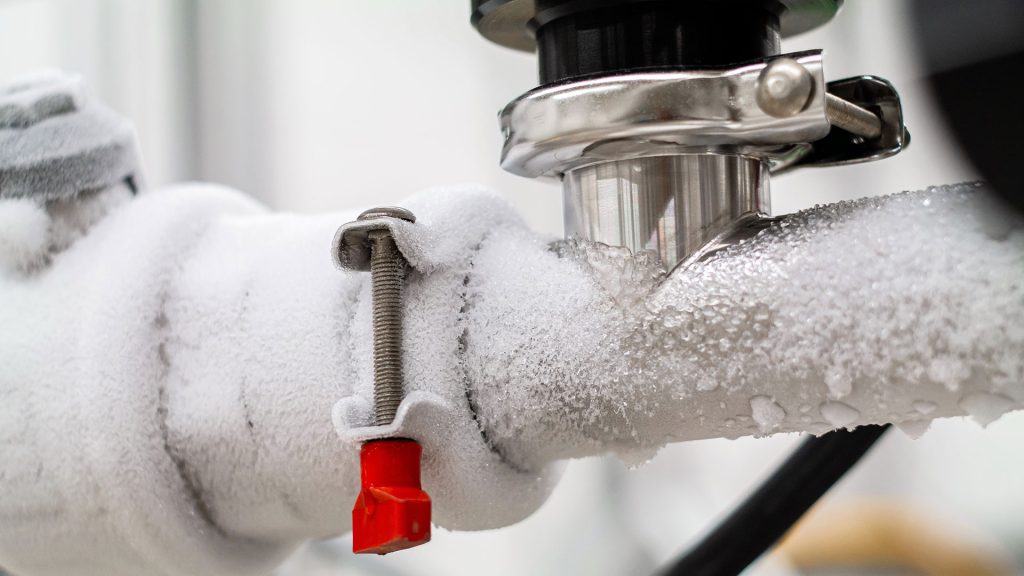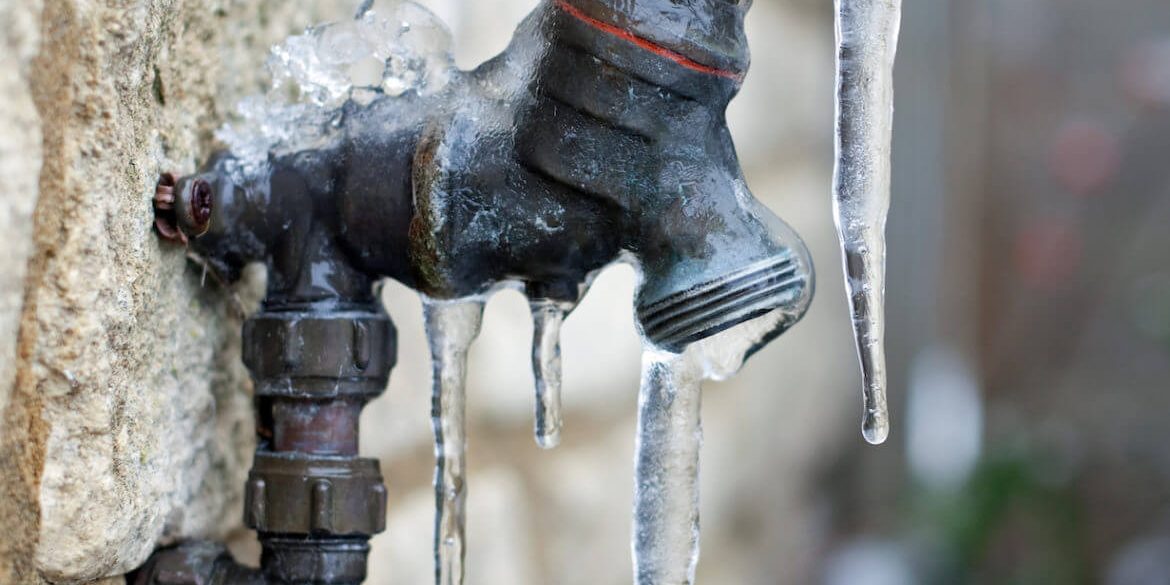As winter settles in and temperatures drop, your plumbing and heating systems can be put under extra stress. The cold weather can cause pipes to freeze, burst, or become blocked, while heating systems often have to work overtime to keep your home warm and comfortable. By taking proactive steps, you can prevent costly repairs and ensure everything runs smoothly all season long.
Here’s a Trinity Park Plumbing and Heating guide on how to care for your plumbing and heating systems during the winter months.
1. Prevent Frozen Pipes
Frozen pipes are one of the most common winter plumbing issues. When water in the pipes freezes, it expands and can cause the pipes to burst, leading to significant water damage. To prevent this from happening, take the following precautions:
- Insulate exposed pipes: Pipes in unheated areas like basements, attics, and garages are especially vulnerable. Use foam pipe insulation or even old towels to wrap around exposed pipes to keep them warm.
- Seal gaps: Look for gaps and cracks around windows, doors, or where pipes enter your home. Seal these with caulk or foam sealant to prevent cold air from reaching your pipes.
- Let faucets drip: On especially cold nights, let faucets drip slightly to keep water moving. Moving water is less likely to freeze than stagnant water. Open cabinet doors under sinks to allow warmer air to circulate around the pipes.
- Keep your thermostat steady: Avoid turning your thermostat down too much at night. Keeping your home at a constant temperature (at least 55°F or 12°C) will help prevent your pipes from freezing.
2. Check Your Radiators for cold spots
Your radiators are crucial in the winter months, especially when you need hot water for showers, cooking, and heating. Make sure it’s running efficiently by following these steps:
- Flush the radiators: Sediment can build up in your radiators and system over time, reducing its efficiency. Power Flushing your system once a year can help ensure it’s working at its best. You can book out Trinity Park to take care of this process for you.
- Inspect for leaks: Check around the base of your radiators, fixtures and fittings for any signs of leaks or pooling water. If you spot any issues, it’s best to call a professional to prevent further damage.

3. Maintain Your Heating System
Your central heating system is crucial during the colder months. Whether you have a furnace, boiler, or heat pump, it’s important to perform regular maintenance to ensure it’s running efficiently and safely:
- Change the furnace filter: A clogged or dirty filter can restrict airflow and cause your furnace to work harder, wasting energy and potentially damaging the system. Replace your furnace filter every 1-3 months, especially during the winter when the system is in heavy use.
- Schedule a professional inspection: A yearly maintenance check is a great way to ensure your heating system is in good working order. A technician can clean the system, check for any potential issues, and make any necessary repairs before you run into problems.
- Check for drafts: Cold air leaking in through cracks or poorly sealed doors and windows can reduce the efficiency of your heating system. Consider using draft stoppers or weatherstripping to keep the warm air inside and the cold air out.
- Bleed your radiators (for hot water heating systems): If you have a radiator system, trapped air can cause it to become less efficient. Bleed your radiators to release the air and ensure even heat distribution.

4. Protect Your Outdoor PlumbingOutdoor plumbing can also be vulnerable to freezing temperatures. Follow these tips to prevent pipes, faucets, and hoses from freezing:- Disconnect garden hoses: Remove and store hoses during the winter to prevent water from freezing in them and potentially damaging outdoor faucets. If your home has an exterior shut-off valve for outdoor water, turn it off and drain any remaining water from the pipes.
- Install outdoor faucet covers: If your outdoor faucets are exposed, consider using insulated faucet covers to protect them from freezing temperatures.
- Cover vents and ducts: Outdoor venting systems, including those for dryers and water heaters, can allow cold air to enter. Use vent covers or foam insulation to block drafts and keep cold air at bay.
5. Know the Signs of a Problem
Being aware of potential issues before they escalate can save you time and money. Watch out for the following signs:
- Strange noises from pipes: If you hear gurgling or banging sounds in your pipes, it could indicate air or blockages in the system, which can worsen during the winter.
- Cold spots or inconsistent heating: If your heating system is producing uneven temperatures, it may be due to trapped air, a malfunctioning thermostat, or a need for maintenance.
- Low water pressure: A sudden drop in water pressure could be due to frozen pipes or leaks. If it’s accompanied by a noticeable drop in temperature, your pipes may be in danger of freezing.
6. Have an Emergency Plan
No matter how well you maintain your plumbing and heating systems, winter can bring unexpected issues. Prepare for emergencies by having a plan in place:
- Know where your water shut-off valve is: In case of a burst pipe or significant leak, turning off the water supply quickly can minimize damage. Familiarize yourself with the location of your water shut-off valve and make sure the rest of your household does too.
- Have the number of a trusted plumber or heating technician on hand: In case of an emergency, it’s essential to have a professional you can call quickly. Look for local experts who are available 24/7 during the winter months. Call us on 07340763827
- Prepare an emergency kit: If your heating system fails, make sure you have extra blankets, warm clothing, and portable heaters as backups. You can also keep an emergency supply of bottled water in case your pipes freeze and prevent water from running.
Final Thoughts
Winter can be tough on your plumbing and heating systems, but with a little preventive care and regular maintenance, you can avoid many common issues. Taking the time to winterize your plumbing and heating now can help keep your home warm, safe, and dry all season long. And if you run into trouble, don’t hesitate to call a professional plumber or heating technician to fix the problem before it becomes a larger, costlier issue.
Stay warm, stay dry, and enjoy a hassle-free winter!



